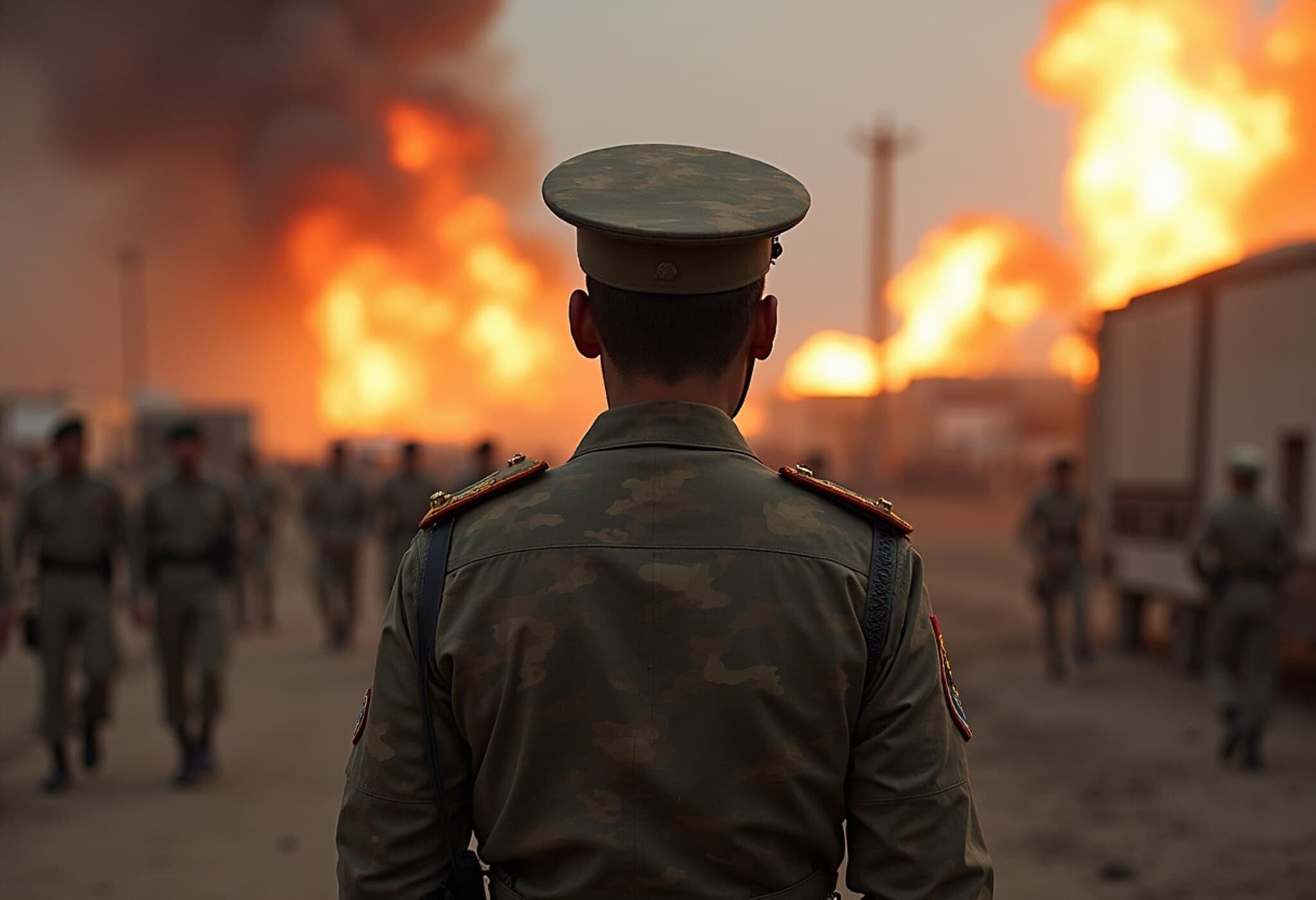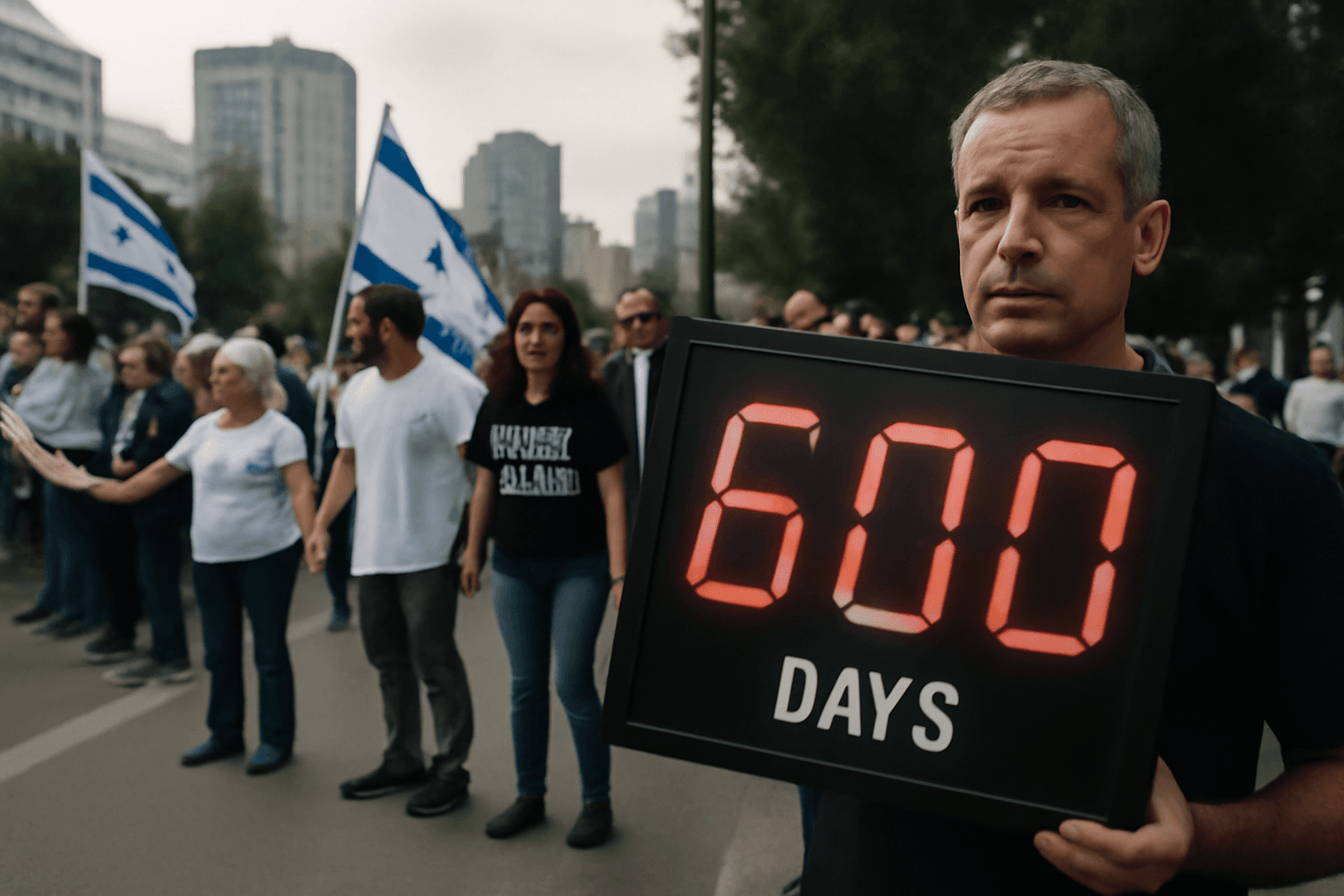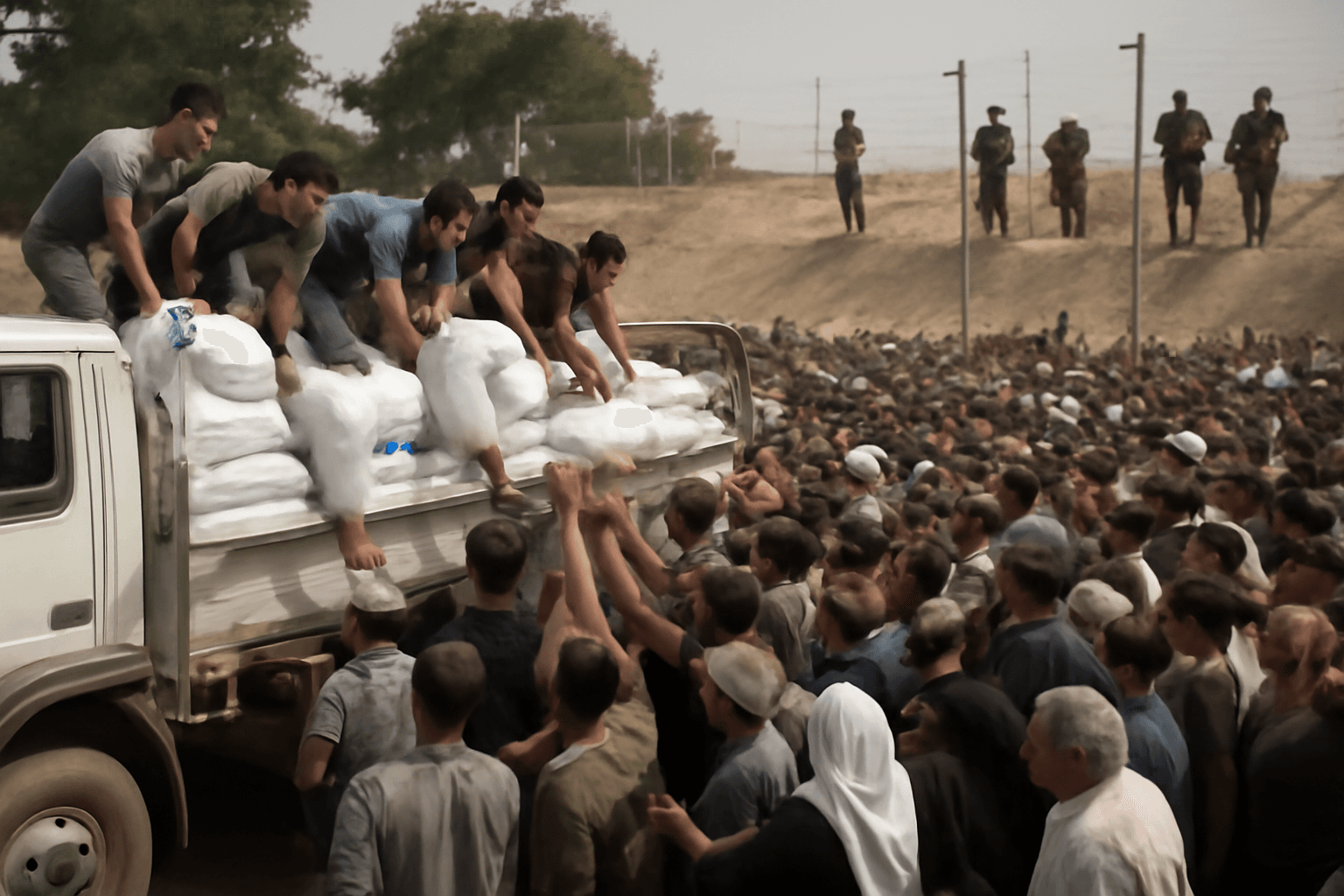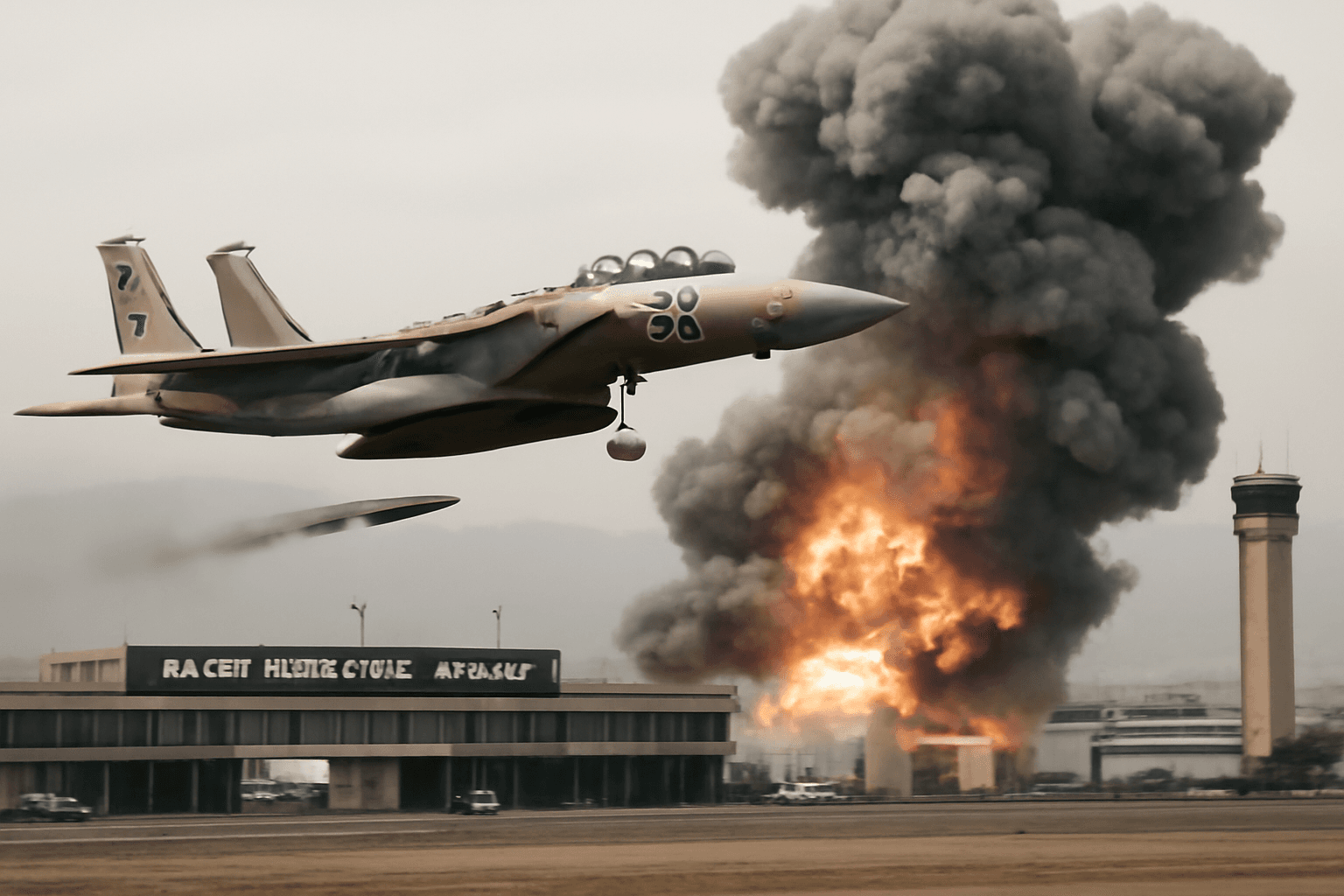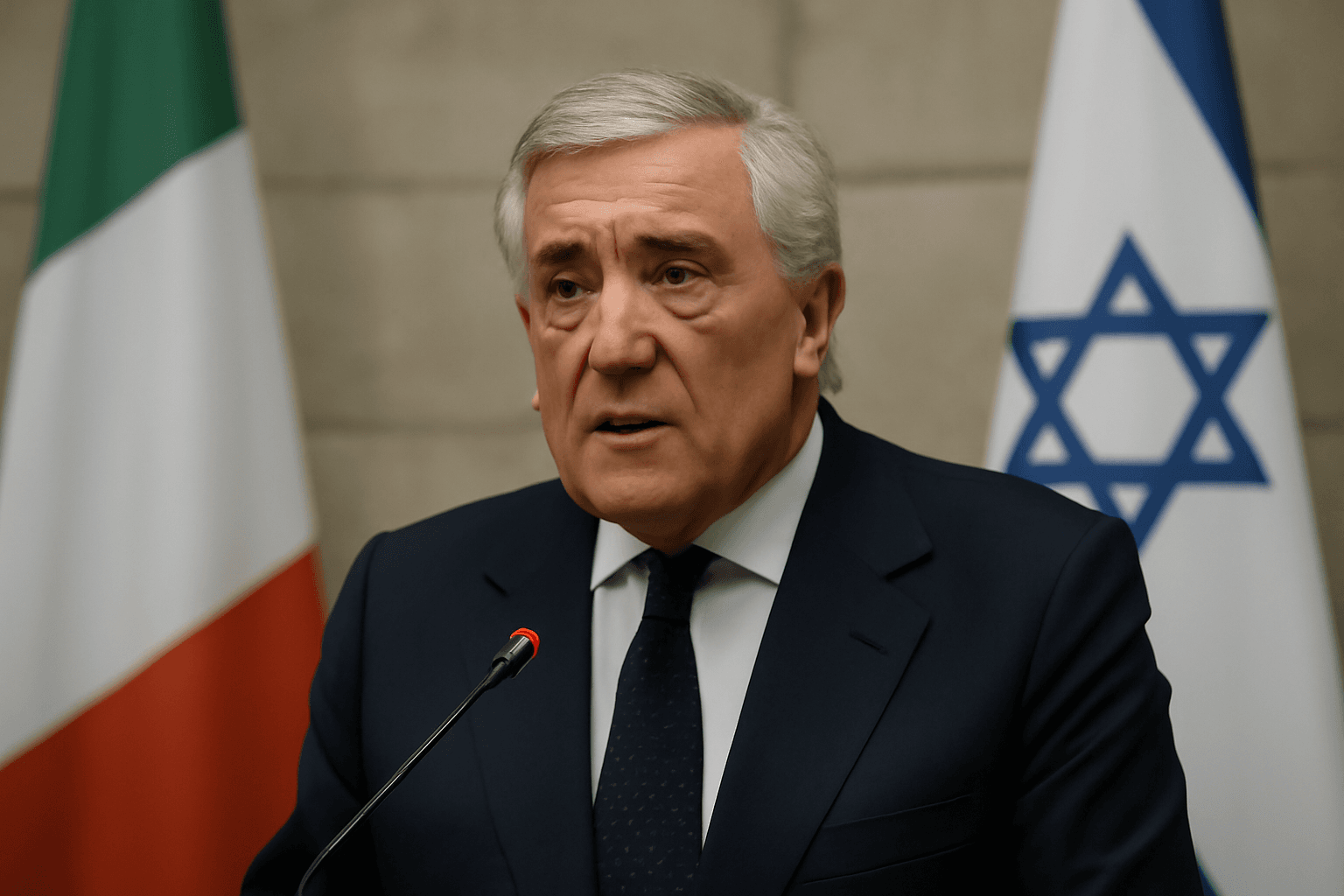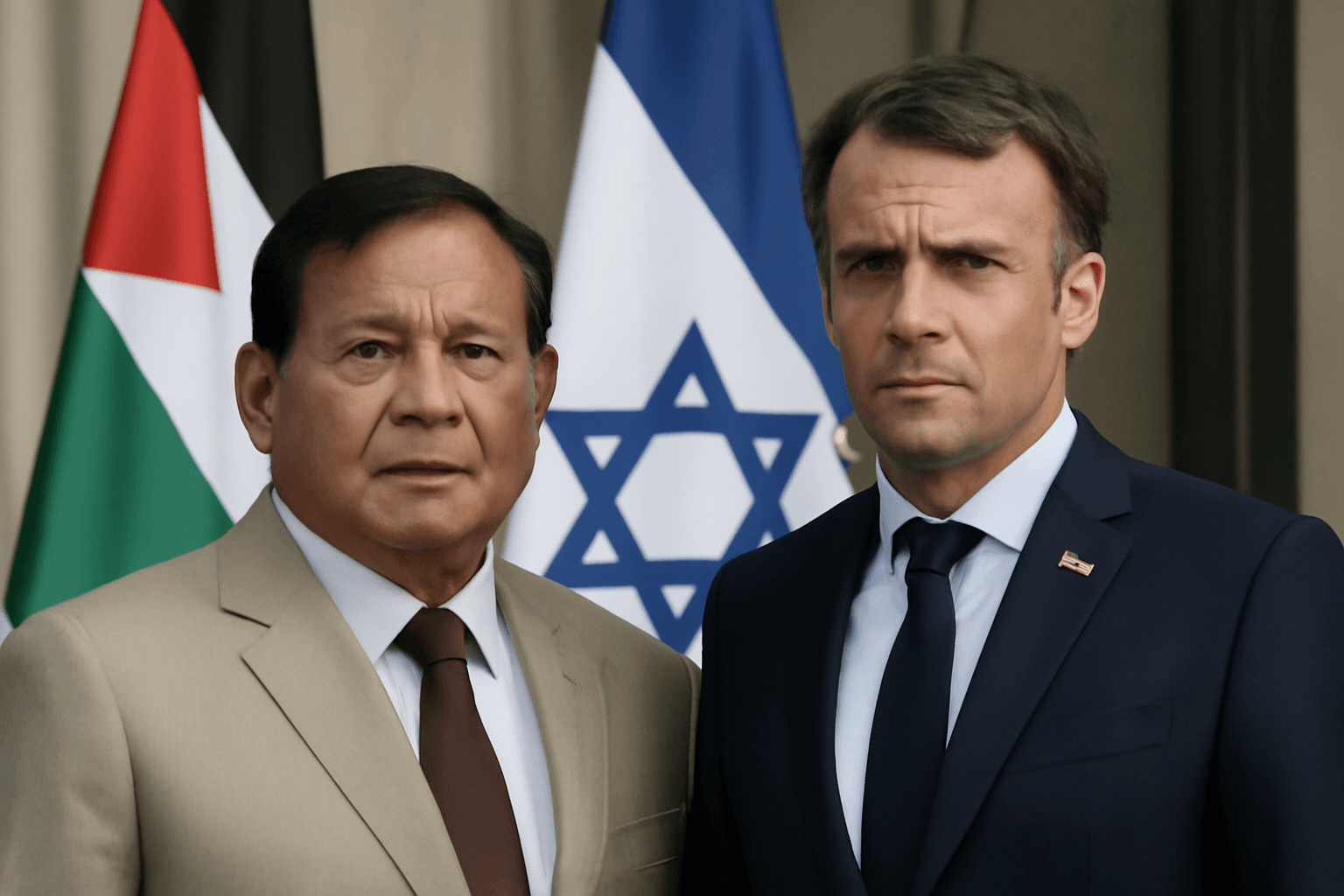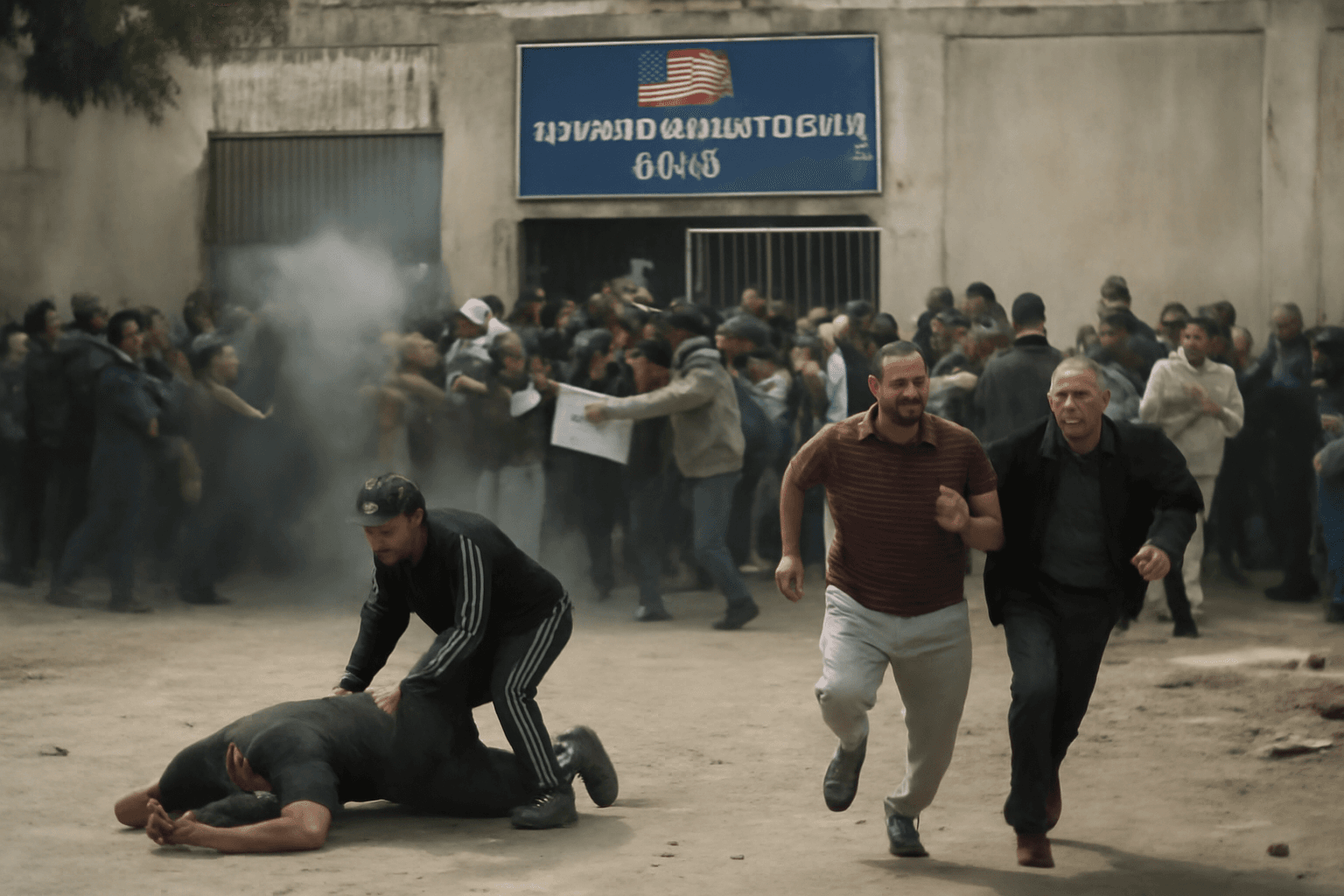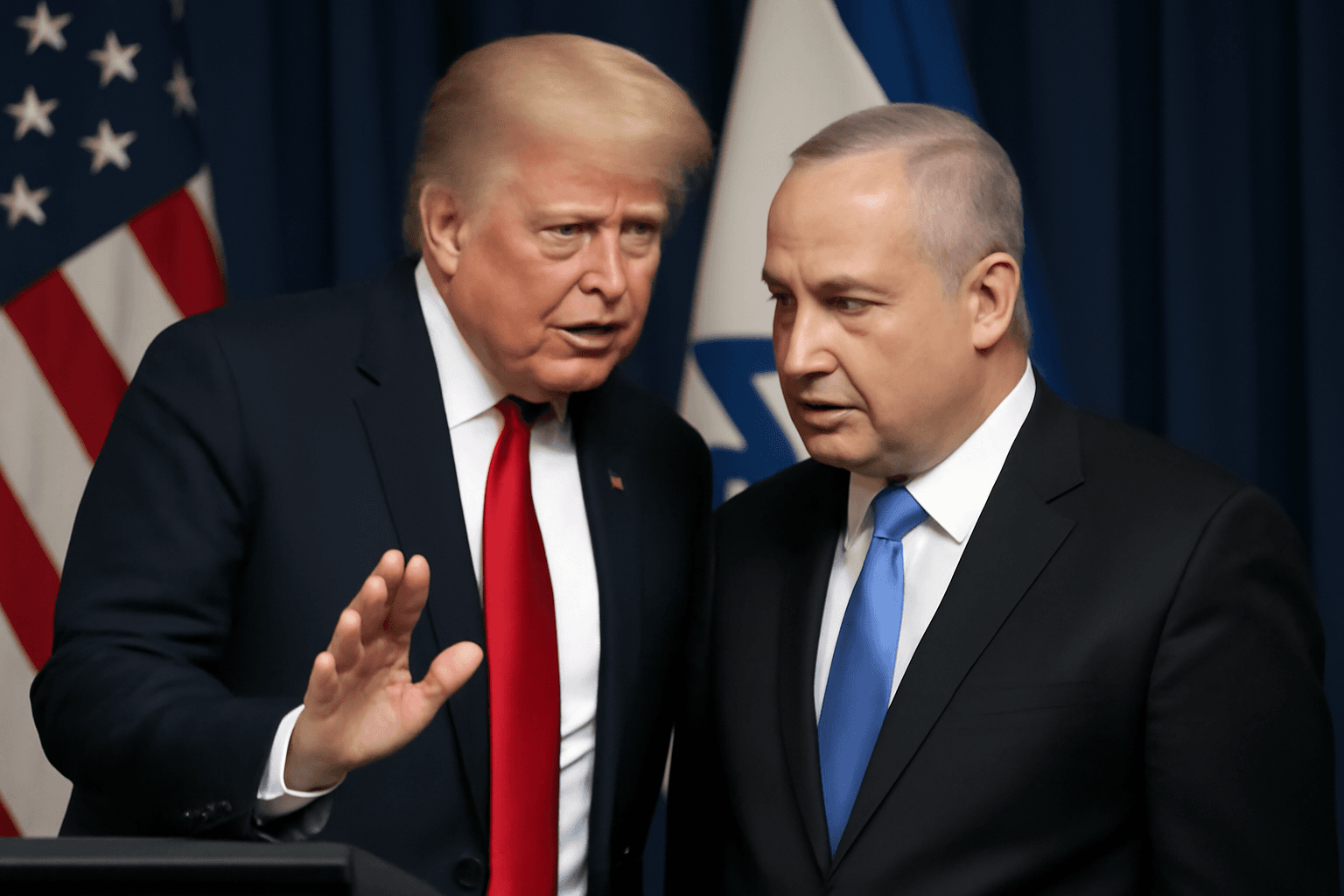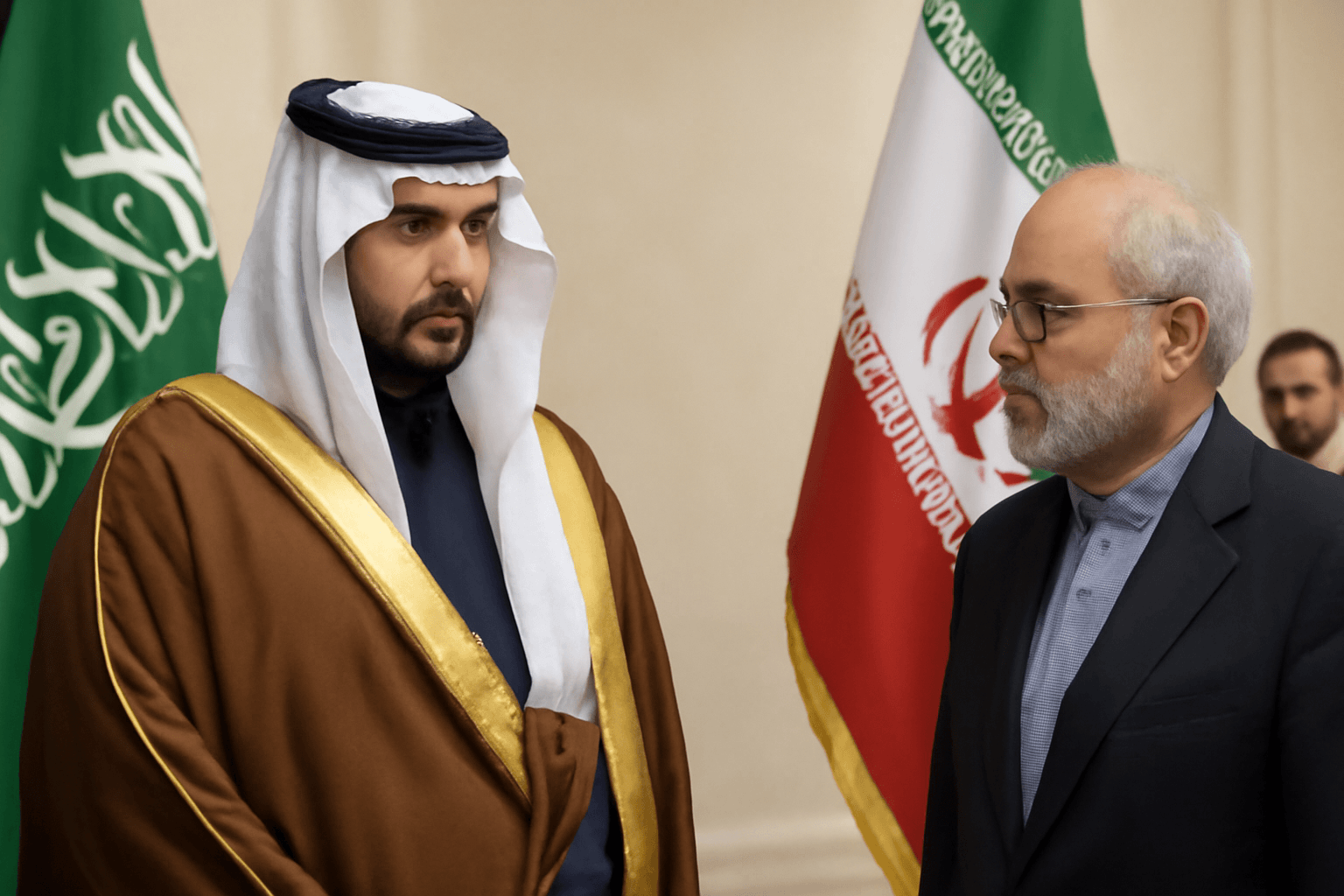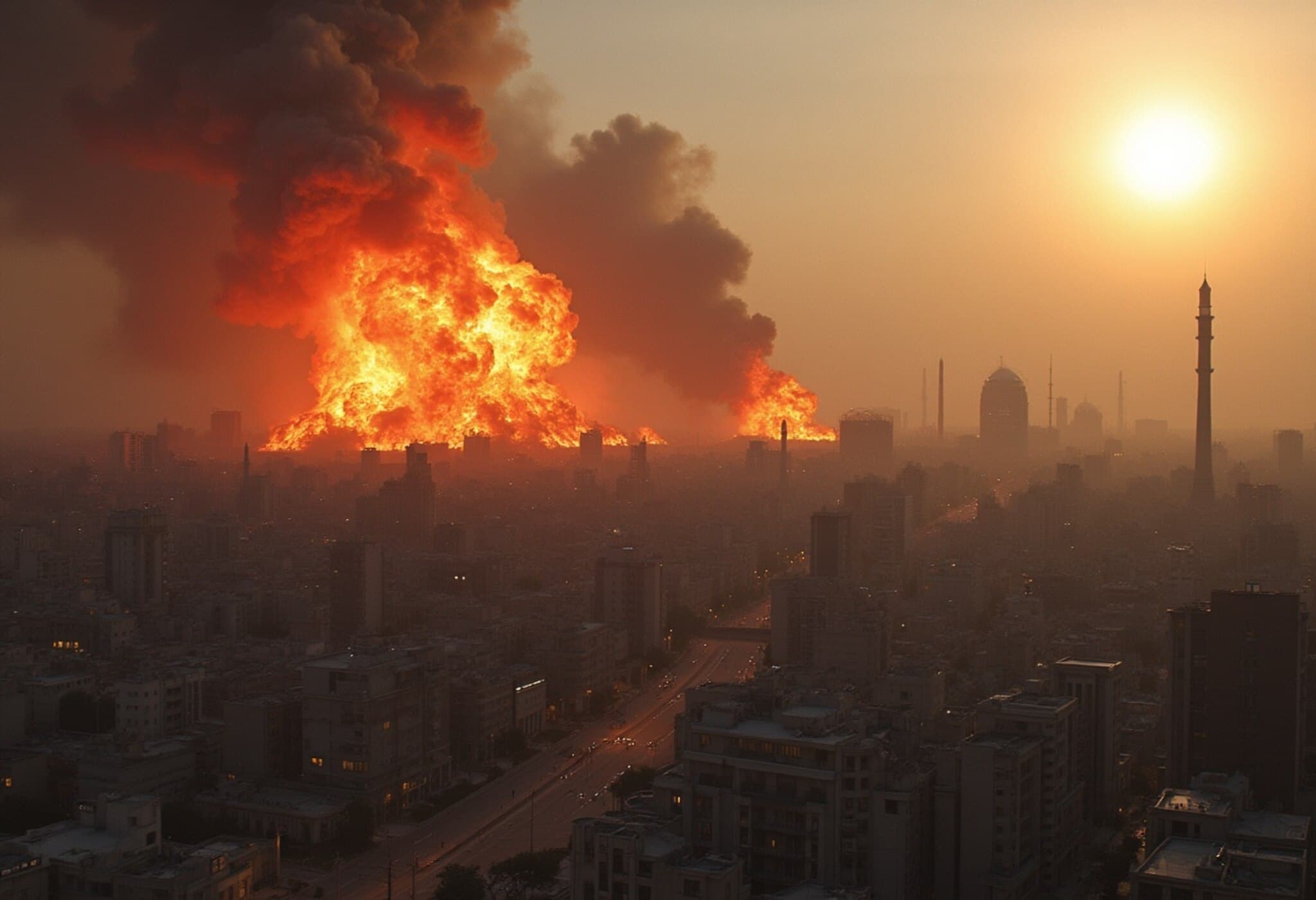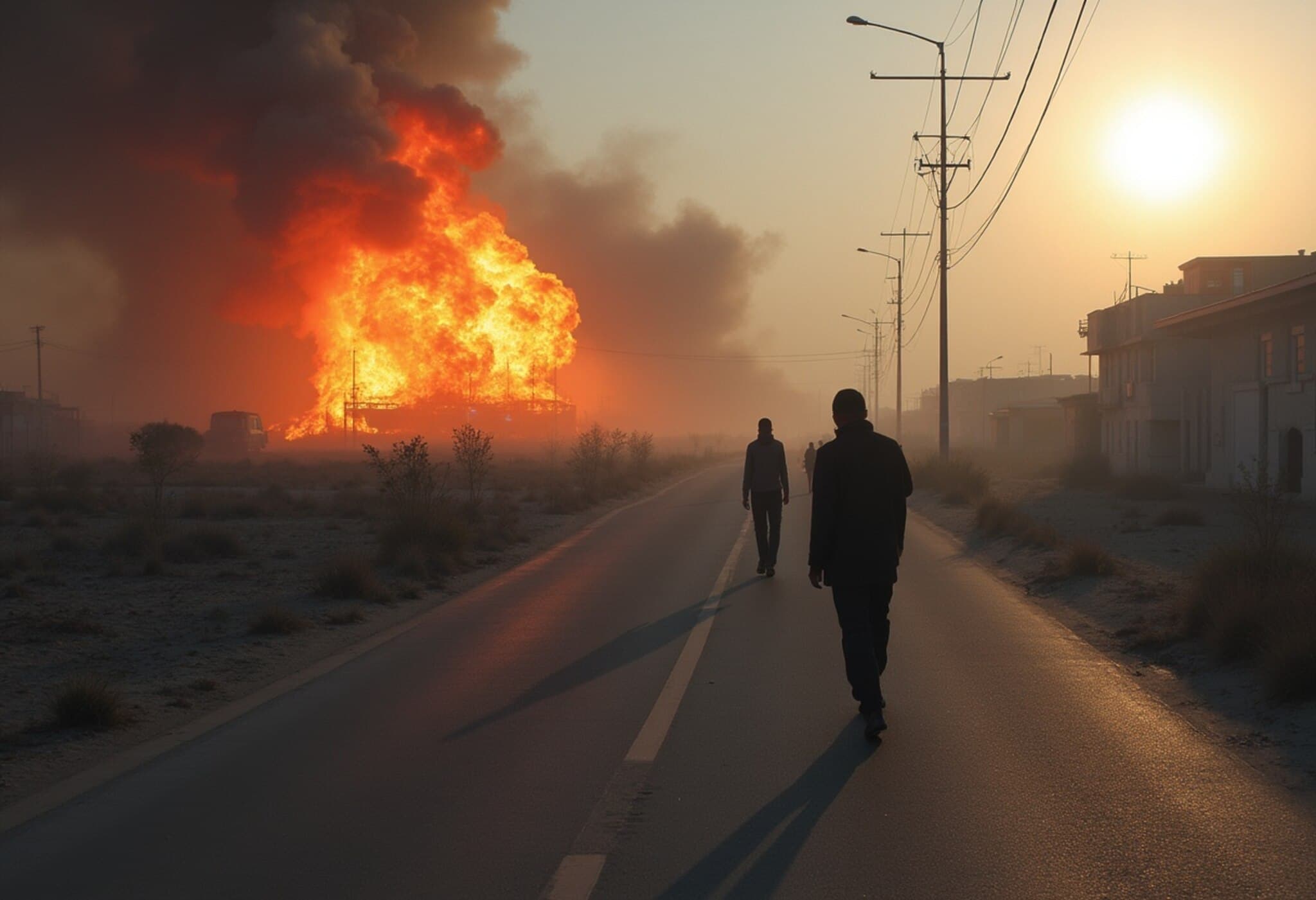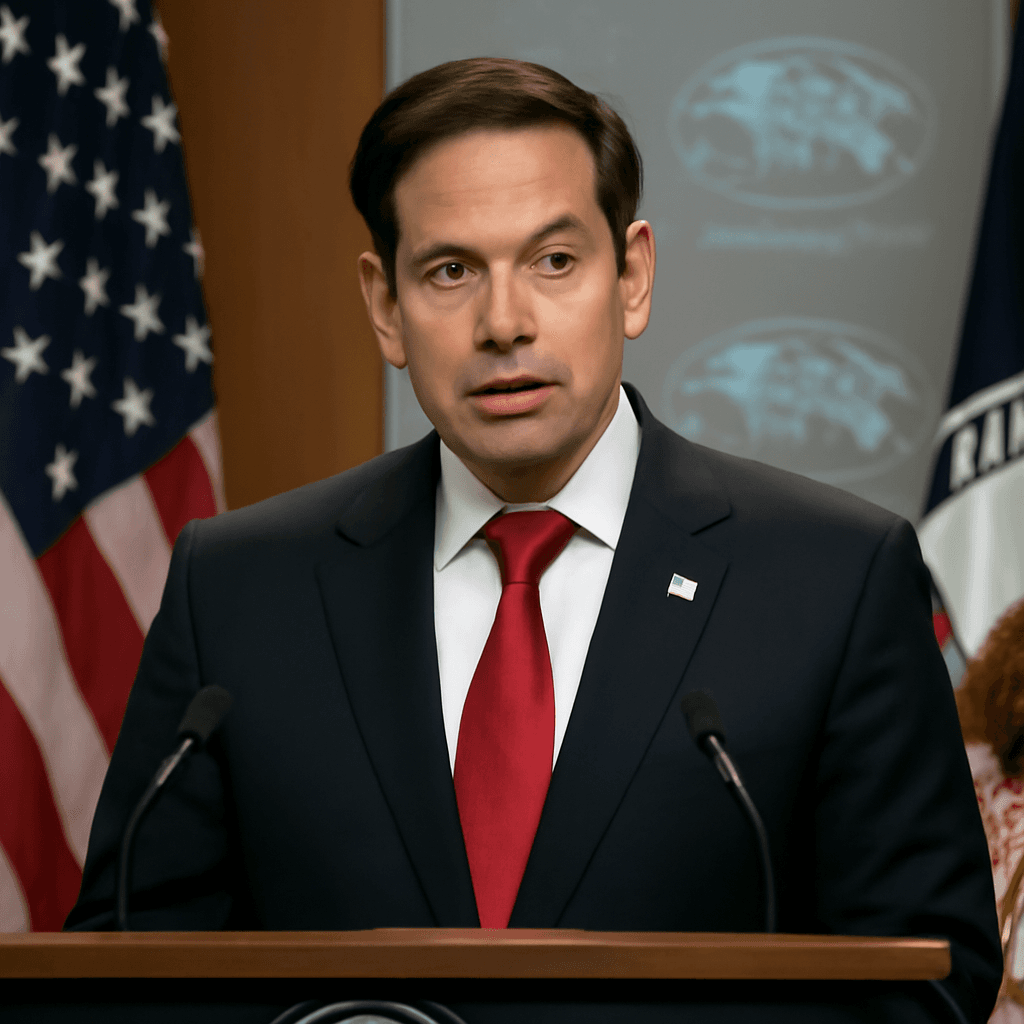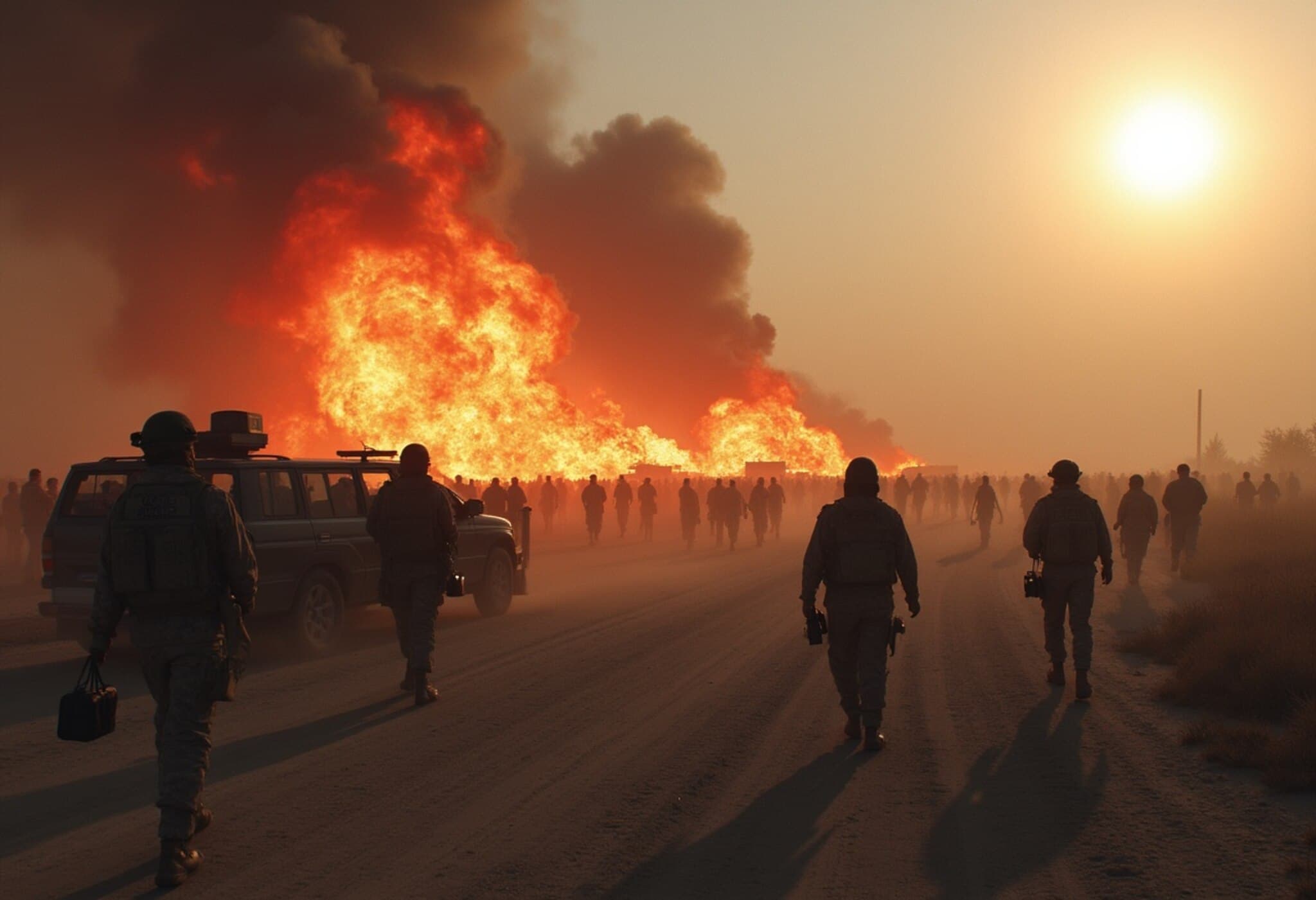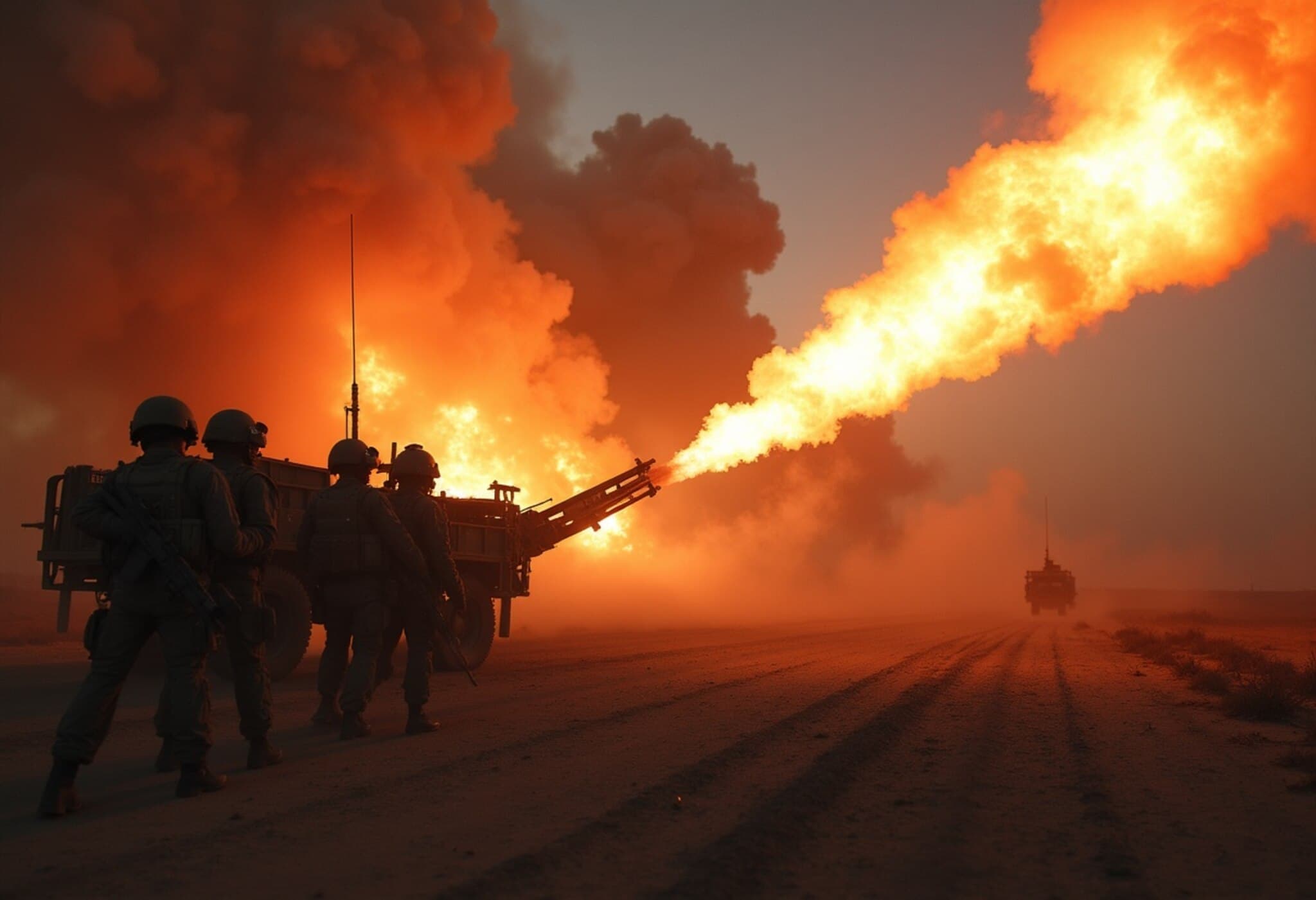Escalating Tensions: Iran Brands Israeli Strikes a Declaration of War
Iran has condemned Israel’s recent air strikes as a clear declaration of war. The strikes, targeting key military figures and nuclear facilities, have rattled the region and prompted sharp warnings from both Tehran and Washington.
Intense Israeli Military Action
Friday’s wave of Israeli air attacks reportedly eliminated several top commanders, including much of the Revolutionary Guards’ air force leadership. Israeli officials said they struck around 100 objectives, notably Iran’s uranium enrichment site at Natanz, aiming to disrupt Tehran’s nuclear ambitions.
Prime Minister Benjamin Netanyahu asserted that Israel targeted the “heart” of Iran’s nuclear program and vowed the offensive would continue for “as many days as it takes.” Meanwhile, the military highlighted intelligence that Iran is nearing the “point of no return” in developing nuclear weapons capabilities.
Heavy Casualties Among Iranian Command
Among the fatalities were Mohammad Bagheri, Iran’s highest-ranking military officer, and Hossein Salami, the head of the Revolutionary Guards. Iran’s Supreme Leader swiftly appointed new commanders amid the turmoil.
Israeli forces reported that the targeted senior commanders were gathered underground preparing attacks against Israel when the strike was launched. The precision of these strikes was underscored by Defense Minister Israel Katz, who emphasized the message: those seeking Israel’s destruction will be eliminated.
Broader Regional Fallout and Civilian Impact
Images emerged showing significant damage to a residential building in Tehran, with reports of civilian casualties and approximately 95 injuries. Six nuclear scientists were reportedly among those killed, deepening concerns over the damage to Iran’s nuclear program.
Civilians in Tehran took to queues at petrol stations amid rising anxiety, while air traffic was suspended at major airports and neighboring countries, including Iraq, Jordan, and Syria, closed their airspace. Israel declared a state of emergency as the region braced for repercussions. Residents expressed fear for their safety and livelihood amid escalating instability.
Warnings and Diplomatic Pressure
US President Donald Trump urged Iran to negotiate a deal on its nuclear program, cautioning that ignoring diplomatic efforts could lead to “even more brutal” attacks. While the US distanced itself officially from the strikes, it warned Tehran against targeting American personnel or interests—threatening dire consequences if it did.
Trump also indicated that the US was reducing its military footprint in the Middle East, following Iran’s threats against American bases.
Negotiations and Global Watchfulness
The violence casts doubt over planned talks between the US and Iran in Oman, though Washington expressed hope to return to negotiations. The International Atomic Energy Agency confirmed it was closely monitoring the situation, noting that much of the damage at Natanz occurred above ground.
Currently, Iran enriches uranium to 60%, exceeding limits set by the significantly weakened 2015 nuclear deal but short of weapons-grade levels (90% enrichment). Israel continues to stand firm against Iran’s nuclear ambitions, citing existential threats and a string of hostilities since the 2023 Hamas attacks backed by Tehran.
Looking Ahead: Regional Stability at Risk
Experts remark that this marks a shift toward all-out conflict between Israel and Iran. The coming days will be crucial in determining whether diplomatic efforts can prevail or if the region slides further into confrontation.

